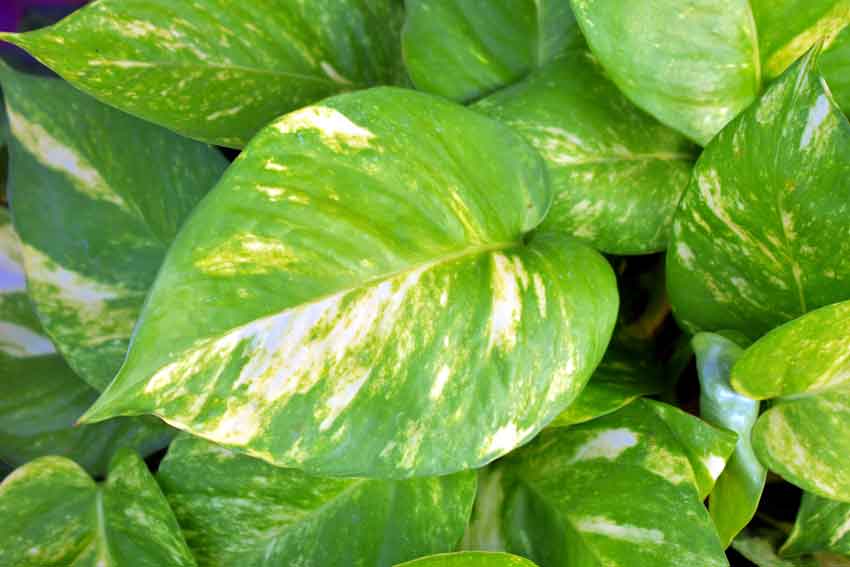
GARDEN & HOME >
Everything we as humans need has for centuries been available in nature; from food varieties and medicinal plants for every blood and body type, to plants that help clean toxins from the air we breathe.
Since so many FDNs spend their time indoors, breathing polluted air has become more of a concern than ever before. The lack of ventilation, high temperatures, humidity, toxic products, and the presence of asbestos, formaldehyde, and radon can turn the air inside our homes and offices into toxic environments.
If you are not particularly fond of artificial air cleaners, consider the help of a houseplant, especially plants such as aloes, spider plants, and bamboo palms.
SNAKE PLANT
Sansevieria trifasciata
Formaldehyde, a harmful chemical often found in tissues, toilet paper, cleaning products, and beauty products (ironically), can be tamed by the snake plant. It’s known as one of the best indoor plants for getting rid of formaldehyde-type toxins but still looks great in the home. It needs humid, lower light conditions, though, to thrive. Furthermore, it releases oxygen during the night, which makes it perfect for bedrooms.
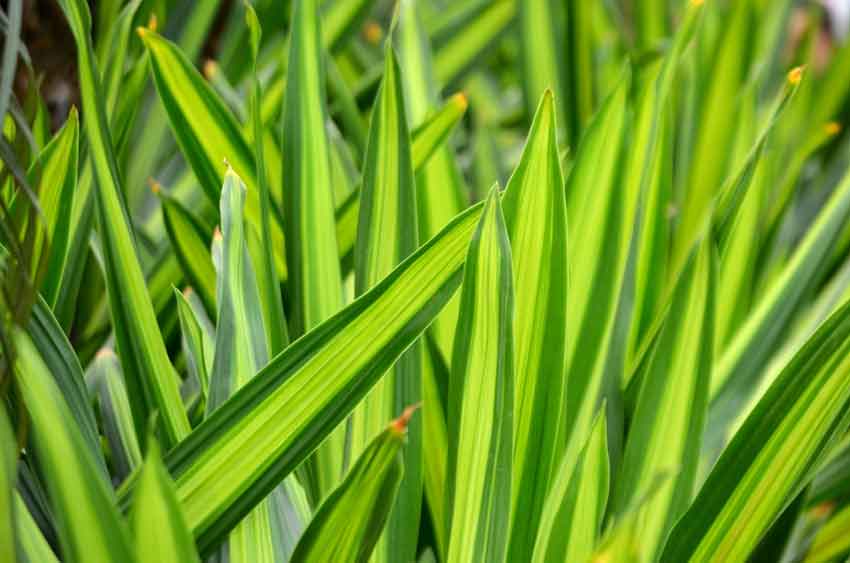

GOLDEN POTHOS
Scindapsus aureus
Scindapsus aureus is not only known for its superb ability to clean air. In Hindu culture, it is believed that if you have a Golden Pothos in your home, you are wealthy or will attract wealth. Grow these plants in hanging baskets where there is enough direct sunlight.
AZALEA
Rhododendron simsii
Native to East Asia, azaleas are beautiful flowering plants that can grow up to 2m (6.5 feet) in height; they are found at altitudes from 500 to 2,700 m (1,600-9,000 feet). They are perfect for counteracting the formaldehyde present in plywood and foam insulations. But beware! They need a lot of water.
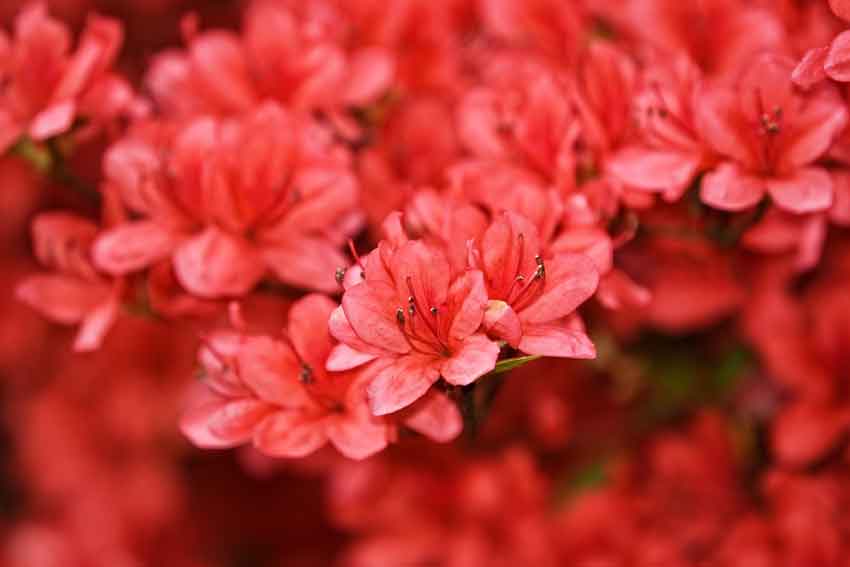

ENGLISH IVY
Hedera helix
Centuries ago, this perennial vine originated in Europe. Today, English ivy’s ability to reduce the levels of trichloroethylene, benzene, and formaldehyde have been studied by NASA (among others) and found to indeed reduce these pollutants to some extent.
BAMBOO PALM
Chamaedorea seifrizii
Perfect for the cooler areas in your office, a bamboo palm not only provides a refreshing ambiance to the room but counteracts benzene and trichloroethylene-type air pollutants.
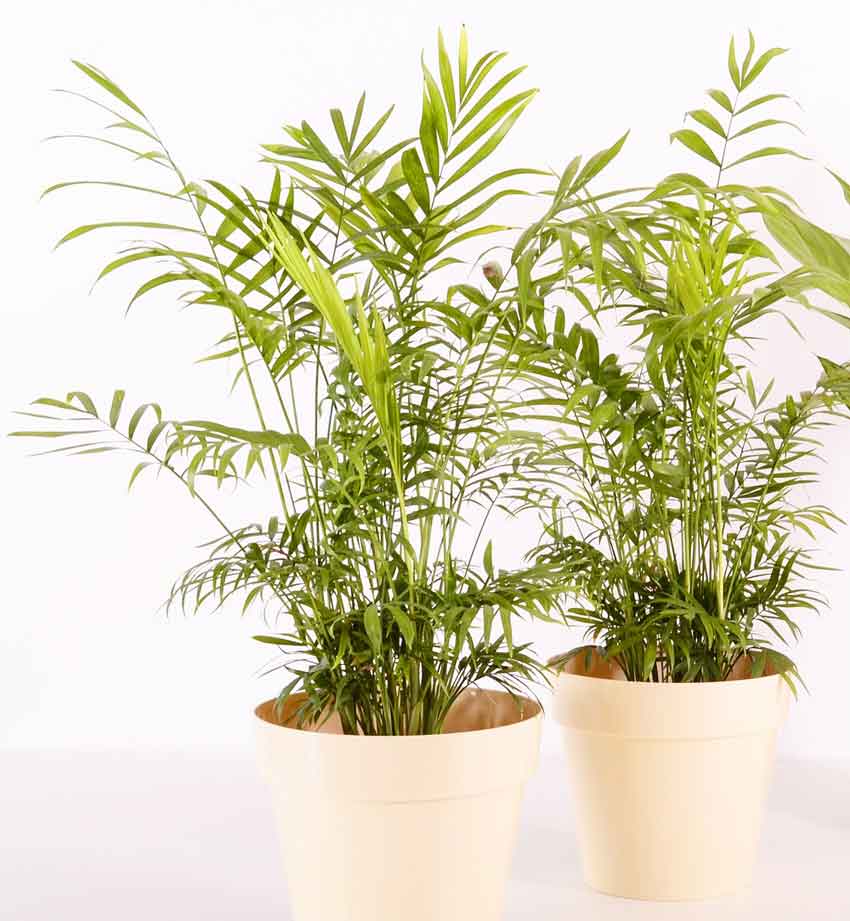
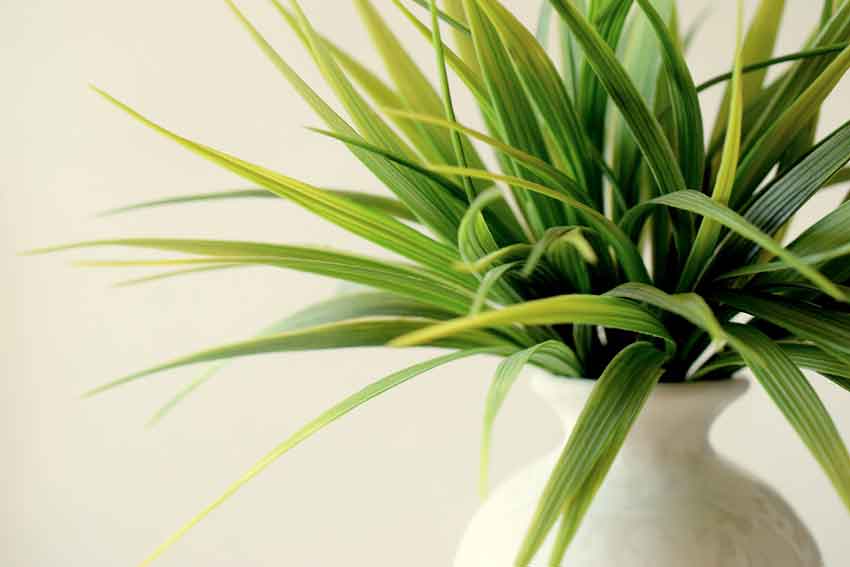
SPIDER PLANT
Chlorophytum comosum
Known as tough and hardy, spider plants are excellent against toxins such as formaldehyde, benzene, xylene, and carbon monoxide.
SUBSCRIBE TO
FDN LIFE NEWSLETTER!
Join our mailing list to receive the latest news, information, and special offers.


